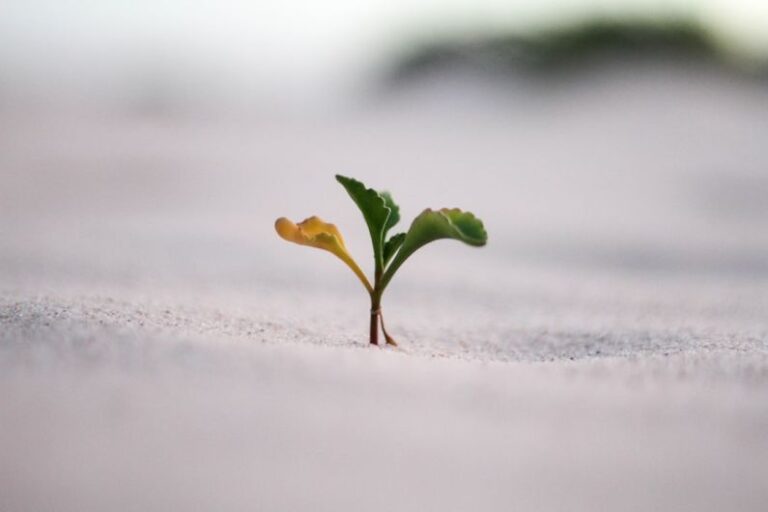Building a Mindful Morning Routine for a Productive Day
The way you start your morning sets the tone for the rest of the day. By incorporating mindfulness into your morning routine, you can cultivate a sense of calm and focus that will carry you through the day ahead. Building a mindful morning routine doesn’t have to be complicated or time-consuming; it’s about setting intentions and being present in the moment. Here are some simple yet effective ways to create a mindful morning routine that will help you have a productive day.
**Start Your Day with Gratitude**
Before you even get out of bed, take a moment to express gratitude for the new day ahead. This simple practice can help shift your mindset from one of lack to one of abundance, setting a positive tone for the day. You can think of three things you are grateful for or simply take a few deep breaths and appreciate the gift of a new day.
**Mindful Movement**
Incorporating some form of movement into your morning routine can help wake up your body and mind. Whether it’s a short yoga session, a brisk walk outside, or a few stretches, moving your body mindfully can help you feel more alert and energized. Focus on each movement and the sensations in your body, allowing yourself to be fully present in the moment.
**Mindful Eating**
Take the time to savor your breakfast without any distractions. Pay attention to the colors, textures, and flavors of your food. Eating mindfully can help you be more in tune with your body’s hunger and fullness cues, leading to better digestion and overall well-being. Avoid scrolling through your phone or watching TV while eating; instead, focus on the experience of nourishing your body.
**Set Intentions**
Take a few moments to set intentions for the day ahead. What do you want to accomplish? How do you want to show up in your interactions with others? By setting intentions, you are guiding your focus and energy towards what truly matters to you. Write down your intentions or simply repeat them mentally, allowing them to guide your actions throughout the day.
**Mindful Breathing**
Mindful breathing is a powerful tool for centering yourself and reducing stress. Take a few minutes to focus on your breath, noticing the rise and fall of your chest and the sensation of air moving in and out of your body. If your mind starts to wander, gently bring your focus back to your breath. This practice can help calm your nervous system and increase your overall sense of well-being.
**Digital Detox**
Consider taking a break from your phone and other electronic devices in the morning. Instead of immediately checking emails or social media, give yourself some time to be present with yourself and your surroundings. This can help reduce feelings of overwhelm and anxiety, allowing you to start the day with a clear mind.
**Reflect and Adjust**
At the end of the day, take a few moments to reflect on how your mindful morning routine influenced your day. Did you feel more focused and productive? Were you able to approach challenges with a sense of calm? Use this reflection to adjust and refine your routine for the next day, making small changes as needed to better support your well-being and productivity.
**Embrace the Power of a Mindful Morning**
By building a mindful morning routine, you are setting yourself up for a day filled with intention, focus, and productivity. Remember that mindfulness is a practice, and it’s okay if some days are more challenging than others. Be gentle with yourself and approach each morning with curiosity and openness. With consistency and dedication, you can cultivate a mindful morning routine that supports your overall well-being and helps you thrive in all areas of your life.






